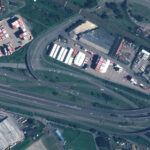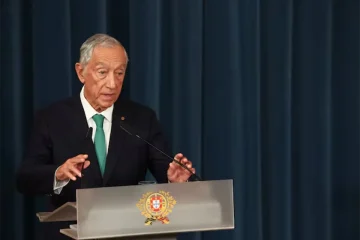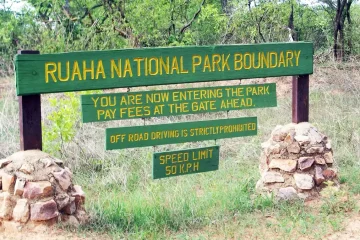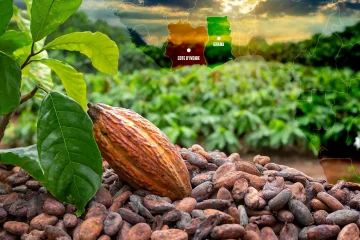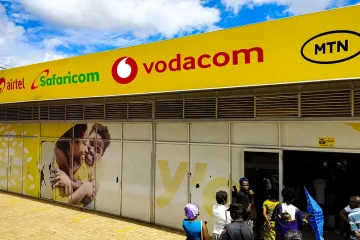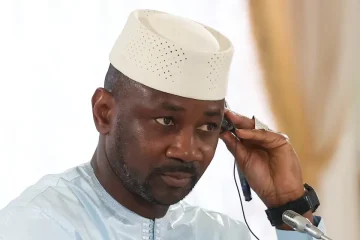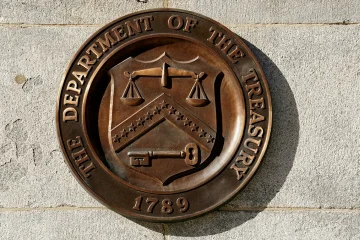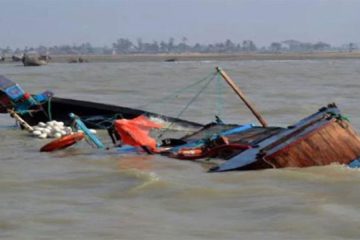A week of violence, arson and looting that has engulfed South Africa slowly began to ebb on Thursday as several districts rocked by the mayhem were quiet ahead of an expected surge in soldiers on the streets.
Pockets of looting contiued in the eastern port city of Durban.
A Reuters reporter saw crowds in Durban’s Mobeni neighbourhood rollling away trolleys loaded with maize meal and other looted staples. Some loaded pick-up trucks – one such truck had to be abandoned as it had run out of fuel. Petrol stations have shut across the city because of the unrest.
Taxi drivers blockaded some roads to try to prevent further pillaging.
The riots initially started with the jailing of ex-president Jacob Zuma last week after he failed to appear at a corruption inquiry. But they swiftly degenerated into looting and destruction, driven by widespread anger over the hardship and inequality that nearly three decades of democracy since the end of apartheid have failed to address.
Nosiviwe Mapisa-Nqakula, South Africa’s Defence Minister said on Wednesday he planned to deploy up to 25,000 soldiers in the two provinces where security forces are struggling to quell days of looting, arson and violence.
The soldiers were expected in the hot spots of KwaZulu-Natal and Gauteng provinces, where the police and army have been battling the disorder for days. Authorities say 5,000 troops are already on the streets since Wednesday, double the number originally planned. It was unclear when the rest would arrive.
More than 70 people have been killed in the unrest, the worst in South Africa for years, and hundreds of businesses wrecked. Security forces have arrested at least 1,350 people.
Shopping malls and warehouses have been ransacked or set ablaze in several cities, mostly in Zuma’s home in the KwaZulu-Natal province, especially Durban, and the financial and economic centre Johannesburg and surrounding Gauteng province.
In South Africa’s largest township Soweto, outside Johannesburg, streets were quiet on Thursday and shopkeepers were going through the wreckage left of their stores, a Reuters reporter said.

Staff in affected areas were unable to get to work, it said, worsening shortages caused by the pandemic.
The poverty and inequality fuelling the violence has been compounded by severe social and economic restrictions aimed at curbing COVID-19. The United Nations in South Africa expressed concern that disruptions to transport for workers from the riots would also exacerbate the problems.
The rand is hovering around three-month lows, a retreat for what had been one of the best performing emerging market currencies during the pandemic.
South Africa’s largest refinery SAPREF in Durban has been temporarily shut down, an industry official said on Wednesday.
The mayor of Ethekwini, the municipality that includes Durban, estimated that 15 billion rand ($1 billion) had been lost in damage to property and another billion in loss of stock.
Some 40,000 businesses had been hit by the unrest, he said.
“A large portion of these may never recover,” he told reporters on Wednesday, which put almost 130,000 jobs at risk.
Zuma, 79, was sentenced last month for defying a court order to give evidence at an inquiry investigating high-level looting during his nine years in office until 2018.
He also faces trial in a separate case on charges including corruption, fraud, racketeering and money laundering. The former president pleaded not guilty in court in May. His foundation said on Tuesday that violence would continue until his release.
Though triggered by Zuma’s imprisonment, the unrest reflects growing frustration at failures by the ruling African National Congress to address inequality decades after the end of white minority rule in 1994 ushered in democracy. – Thomson Reuters Foundation.



